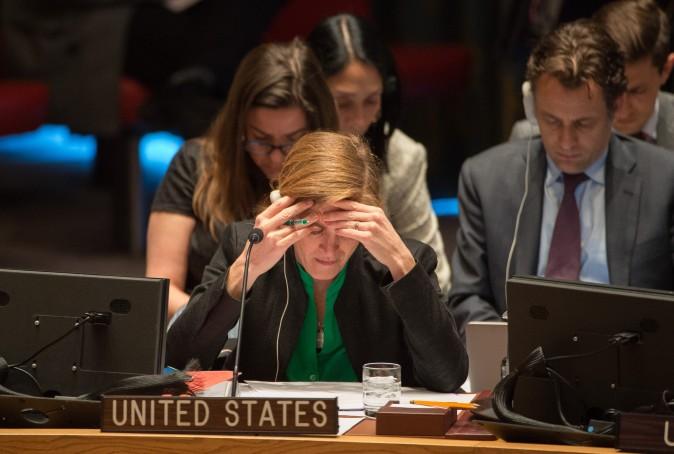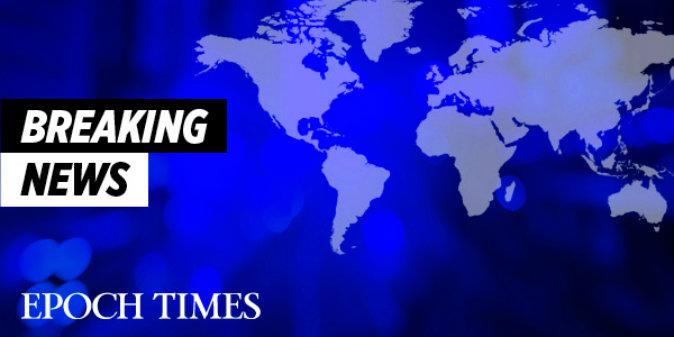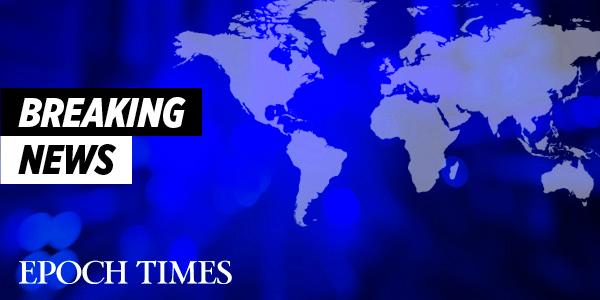Samantha Power, the U.S. ambassador to the United Nations, was headed to a northern Cameroon refugee camp on April 18 when her convoy struck and killed a 7-year-old boy.
Journalists among the convoy told Cameroon’s Defense Ministry that the boy hadn’t looked upon crossing the road, which was near the city of Mokolo.
An ambulance traveling with the convoy immediately aided the boy, but he died shortly after being struck.
Power wasn’t in the vehicle that was involved in the collision, but sources say her truck continued, unaware the convoy had hit the child—which reportedly was going speeds upwards of 40 miles per hour.
The truck that hit the boy was reportedly the sixth in the convoy and driven by a Cameroonian.
After the devastating accident, Power, along with local officials, visited the boy’s family to offer their condolences, according to The Guardian.
Before the accident, Power was en route to Camp Minawao, which houses more than 300,000 people displaced by acts of terror. Power’s trip was to advocate American support against the Islamist terror group Boko Haram.




